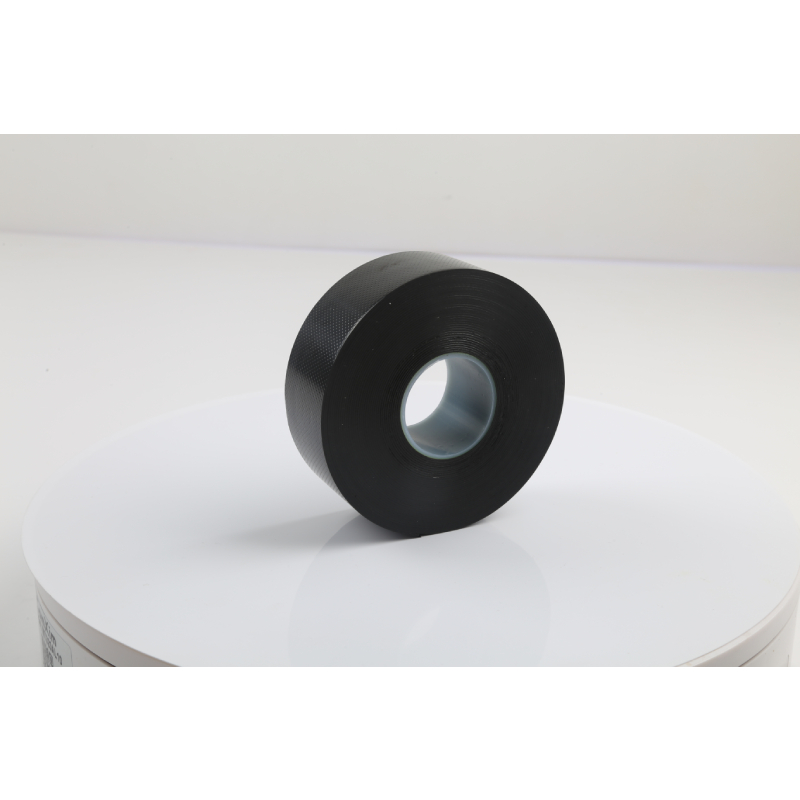Understanding Different Types of Electrical Insulation Tape
Electrical insulation tape is an essential component in various electrical applications, providing safety, durability, and performance. With numerous types of insulation tape available on the market, it can be challenging to choose the right one for specific needs. This article aims to delve into the various types of electrical insulation tape, discussing their properties, applications, and ideal usage scenarios.
1. Vinyl Electrical Tape
Vinyl electrical tape is the most widely used type of insulation tape in the electrical industry. Known for its excellent insulation properties, it is often employed for wrapping electrical wires and connections. Vinyl tape is available in a variety of colors, making it suitable for color-coding wires. Its flexibility and stretchability ensure a secure application, while its temperature resistance—generally ranging from -10°C to 80°C—makes it ideal for both indoor and outdoor use. Additionally, vinyl tape has excellent moisture and chemical resistance, further enhancing its durability.
2. Rubber Electrical Tape
Rubber electrical tape is another popular choice for electrical insulation. Unlike vinyl tape, rubber tape is self-fusing, meaning it adheres to itself when wrapped tightly. This feature makes it exceptionally useful for sealing splices and providing moisture resistance. Rubber tape is typically used in applications that require high-temperature insulation, as it can withstand temperatures up to 150°C. Furthermore, it possesses high dielectric strength, making it suitable for high-voltage applications.
Polyester electrical tape is designed for applications requiring superior durability and high-temperature resistance. This tape can withstand temperatures of up to 180°C, which makes it perfect for use in transformers, motors, and other heat-intensive applications. It is often used in conjunction with other types of insulation for added protection. The tape’s excellent abrasion resistance and chemical stability enhance its performance in demanding environments.
electrical insulation tape types

4. Mastic Electrical Tape
Mastic tape is a specialized type of electrical insulation tape, primarily used for sealing and insulating electrical connections. It is made from an adhesive mastic material that remains pliable and retains its insulating properties even under extreme conditions. Ideal for outdoor applications, mastic tape is moisture-resistant and can withstand UV exposure, preventing degradation over time. It is commonly used in underground and outdoor installations, where protection against the elements is crucial.
5. Foil Electrical Tape
Foil electrical tape, often made of aluminum or copper, is primarily used for shielding and grounding purposes. This type of tape provides excellent conductor protection against electromagnetic interference (EMI) and radio frequency interference (RFI). Foil tape is especially effective in applications involving sensitive equipment and wiring, where insulation from external signals is crucial. In addition to its shielding capabilities, foil tape can also serve as a conductive adhesive to join wires and cables together.
6. Heat-Resistant Tape
Heat-resistant electrical tape is designed for applications where exposure to high temperatures is a factor. Typically made from materials like silicone or fiberglass, this tape can handle temperatures exceeding 200°C. It is commonly used in automotive and aerospace applications, where components are exposed to extreme heat. This tape is also useful in home improvement projects that involve high-temperature wiring or repair.
Conclusion
Choosing the right type of electrical insulation tape is vital for ensuring safety, effectiveness, and longevity in electrical applications. Each type of tape has unique properties suited for specific tasks—from general wiring protection to shielding and high-temperature uses. By understanding the differences among these insulation tapes, you can make informed decisions for your electrical projects, ensuring optimal performance and reliability. Whether you're a professional electrician or a DIY enthusiast, understanding these various types of electrical insulation tape will help you achieve the best results in your work.
-
XIANGFAN Rubber Tape-Ultimate Solutions for All Your Insulation NeedsNewsJun.24,2025
-
XIANGFAN Rubber Tape-Protection for Industrial and Residential ApplicationsNewsJun.24,2025
-
XIANGFAN Rubber Tape: Superior Safety and Sealing for Demanding EnvironmentsNewsJun.24,2025
-
XIANGFAN Rubber Tape: Reliable Solutions for Every Electrical ChallengeNewsJun.24,2025
-
XIANGFAN Electrical & Industrial Tape: Powering Reliability Across IndustriesNewsJun.24,2025
-
XIANGFAN Electrical & Industrial Tape: Excellence in Every ApplicationNewsJun.24,2025
